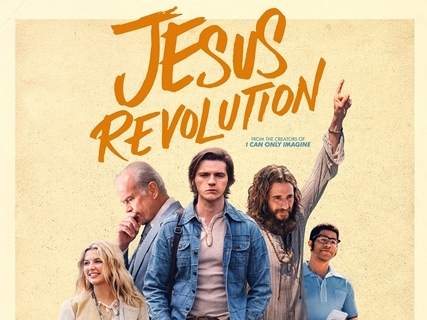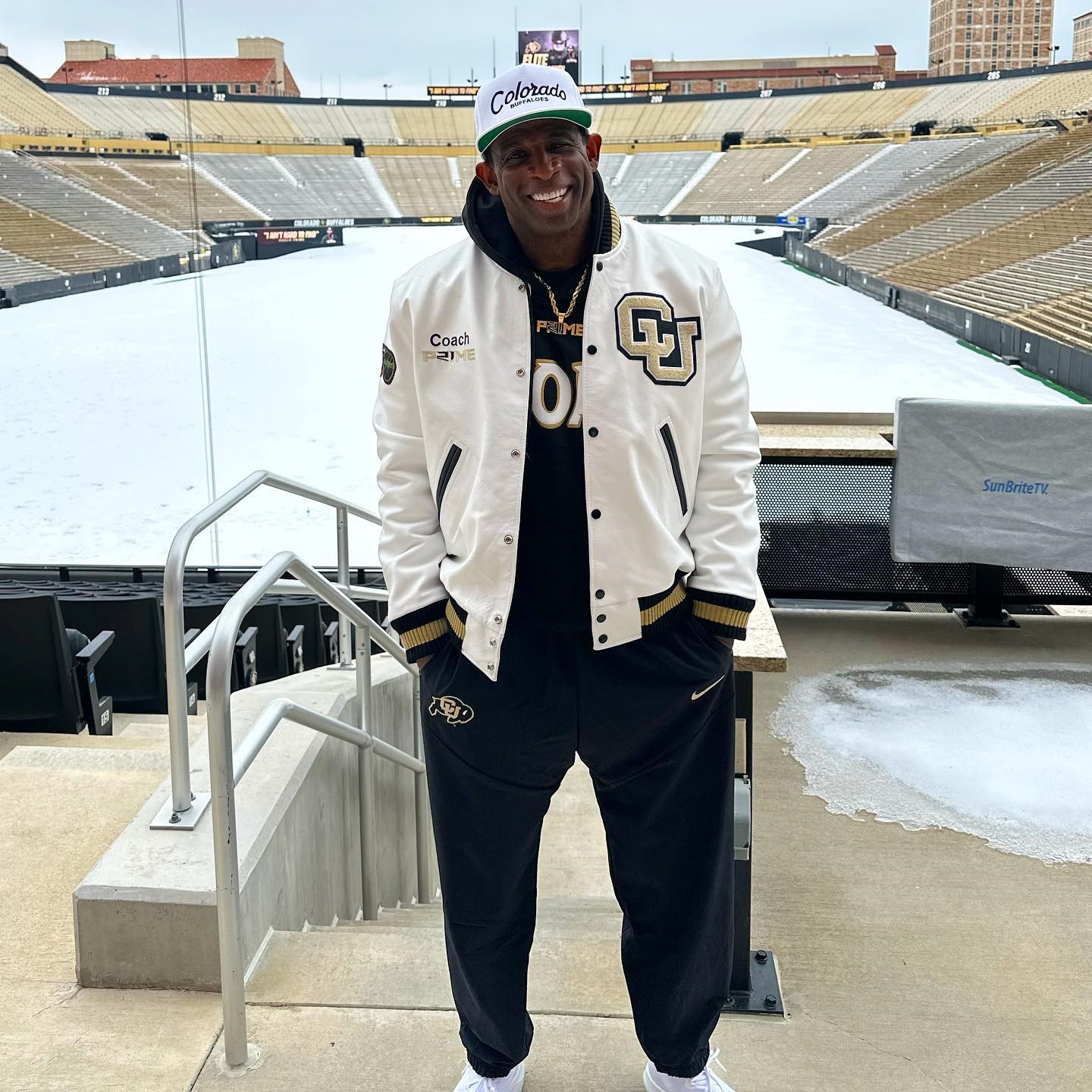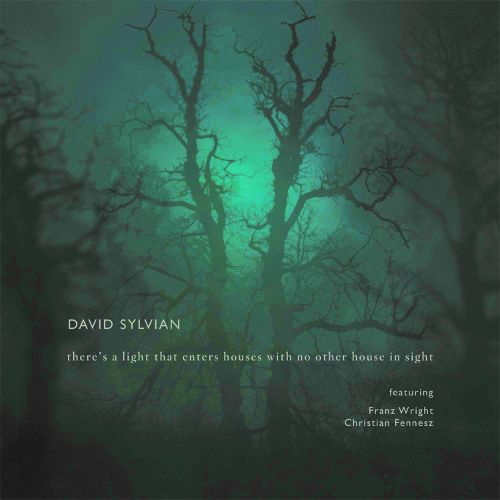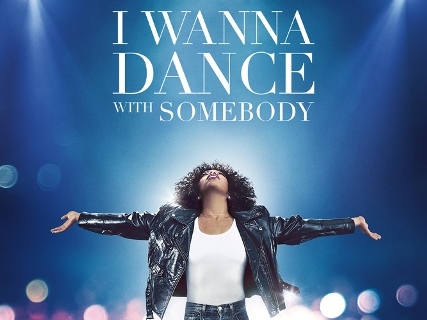ALBUQUERQUE, NEW MEXICO (ANS)—After reading the brilliant, The Library Book, Susan Orlean’s New York best-selling tome on the history of the Los Angeles library (intermixed with a mystery, of all things), I sat down to reminisce on the power of libraries—and books, for that matter.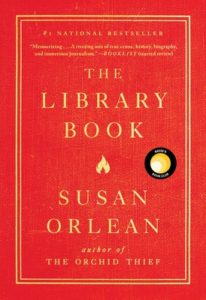
Beheld Books
Book were everywhere in our household. My brother, sister and I were—in a sense—products of stories on pages, of words fused with imagination, of ambitions molded by thoughts expressed in ink. On shelves. In rooms. We were read to. And, later, we read. Books beheld us; and we beheld books.
Cultural Conversation
Libraries were a regular visit. Mom brought us to the library—often. We got books that met our particular fancy. One week, paleontology; the next week, Jim Thorpe. Books helped shape our interests and engagements with society at large. Through libraries and books, we were connected to the larger cultural conversation; we were participants in millennia of contemplation.
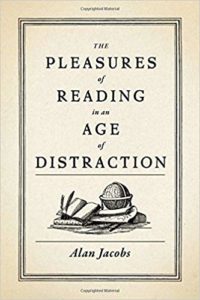 Commanding Curiosity
Commanding Curiosity
In junior high, non-fiction ruled. History. Science. Facts. Mom bought us National Geographic science books to read. I checked out books about things, magazines about specific topics, and books to scratch an intellectual itch. I yearned to know, and books helped lead the way, leaving clues, commanding more curiosity.
Allow Us to Dream
In high school, I was smitten by novels. In Mr. Chamberlin’s eleventh grade English class, I was introduced to American authors—Steinbeck, Hemingway, Salinger. Though a poor writer, I imagined I, too, could learn to write something. I tried, and often failed. But words, books, and libraries allowed me to dream. They quietly expressed the sentiment: yes, you can.
Companions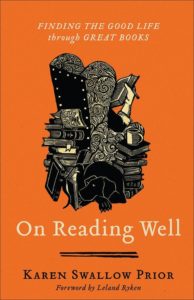
College is another story all together. Theology. Philosophy. Art. Poetry. More science. Liberal studies. Not only did I become a voracious reader, I began to collect books. Thousands of books poured through my hands, like water upon the parched earth. I spent afternoons in the library during undergraduate years reading about artists, poets, and writers. I engaged with contemporary thought—quantum physics, cosmology, and biology. And met new friends—Kierkegaard, Erasmus, Kunitz, and the classics. Books weren’t just conduits of information, but companions.
Since then, I’ve collected and donated libraries of books, a compendium of volumes in all shapes, sizes, and topics. When it comes to books, I’m an equal opportunity owner. As I type, I have roughly a thousand volumes surrounding me—and these are just my “work” books. I have more at home. Many more.
Year of Reading
 This said, here’s a few books on books—written by fine Christian authors. Let 2020 be a year of reading. In the end, readers are leaders. And readers are believers, and Believers should be breeders, helping promote God’s truth, beauty, and goodness in the world.
This said, here’s a few books on books—written by fine Christian authors. Let 2020 be a year of reading. In the end, readers are leaders. And readers are believers, and Believers should be breeders, helping promote God’s truth, beauty, and goodness in the world.
- Lewis, C.S. The Reading Life: The Joy of New World’s Through Others’ Eyes. Harper One.
- Bogel, Anne. I’d Rather Be Reading: The Delights and Dilemmas of The Reading Life. Baker Books.
- Smith, Christopher C. Reading for the Common Good: How Books Help Our Churches and Neighborhoods Flourish. IVP Books.
- Swallow-Prior, Karen. On Reading Well: Finding the Good Life through Great Books. Brazos Press.
- Swallow-Prior, Karen. Booked: Literature in the Soul of Me. T.S Poetry Press.
- Clarkson, Sarah. Book Girl: A Journey through the Treasure and Transforming Power of a Reading List. Tyndale Press.
- Jacobs, Alan. The Pleasures of Reading in an Age of Distraction. Oxford University Press.
And for the reader interested in people infatuated with books, I recommend various works by historian and book collector Nicholas Basbanes.
Happy Reading!


